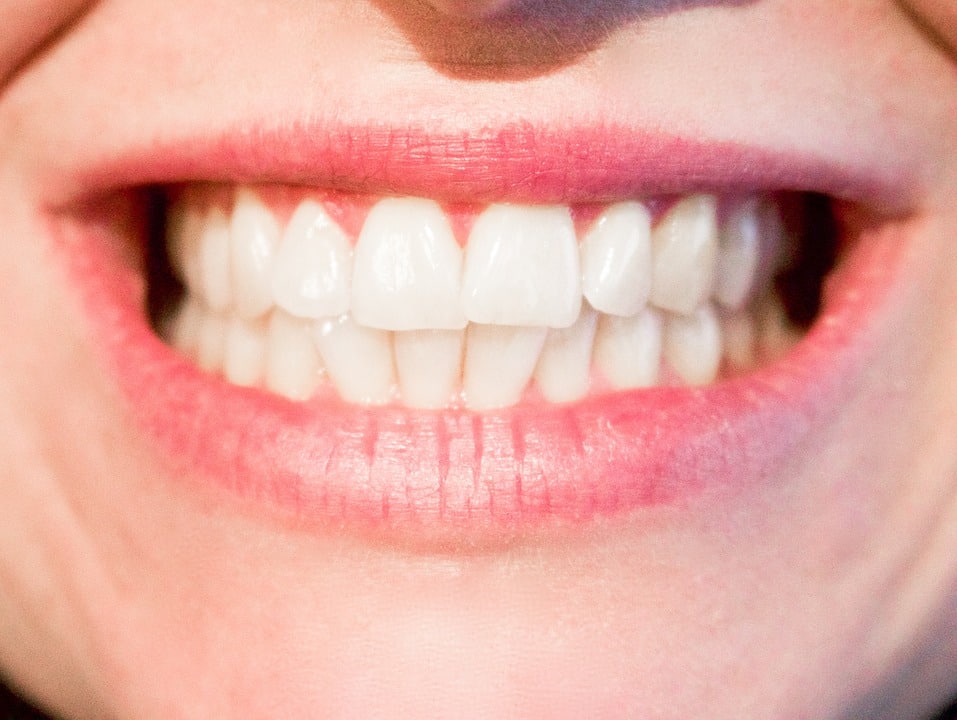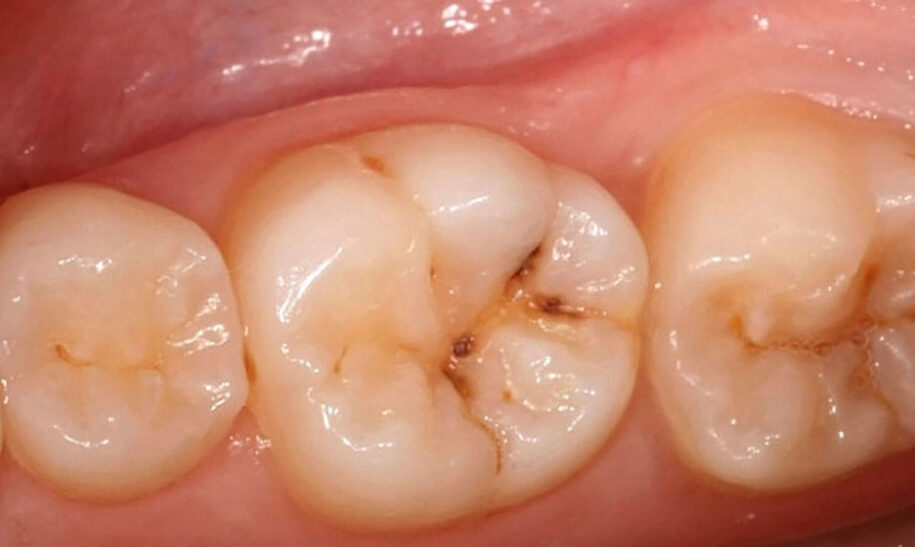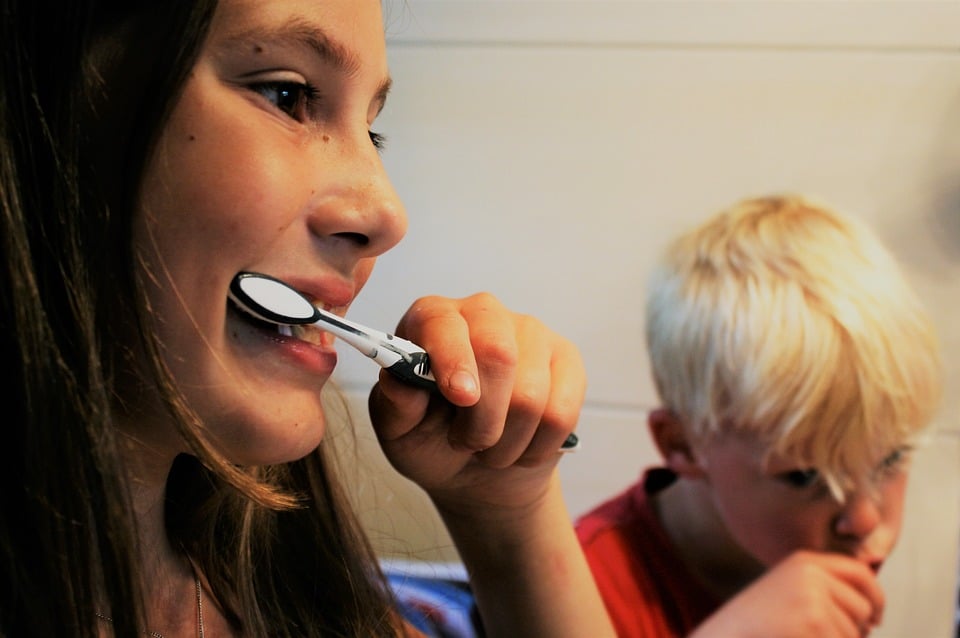Rub These Oils on Your Gums and Teeth and You Won’t Want a Dentist Anymore
The benefits of essential oils have been taking the internet by storm. From fighting cold and flu to healing skin conditions, their uses are endless. Combine that with the push to find natural alternatives rather than solely depending on the medical industry, and you have a powerful weapon on hand.
However, did you know that you can also use essential oils to promote better oral health?

A 2014 study published in the Journal of International Oral Health entitled Possible Use of Essential Oils in Dentistry discussed in depth the oral health applications, including their ability to inhibit plaque, as well as their antibacterial, anti-fungal and antioxidant properties.
With all these benefits, it’s a wonder this has been a secret for so long!
Use these 5 essential oils when creating your DIY toothpaste and mouth wash to keep your smile happy and healthy.
- Cinnamon Essential Oil
Long used for its antifungal and antibacterial properties, a new study conducted in New Zealand ensures that cinnamon essential oil makes this list! It has been shown to have the greatest antimicrobial potency and the bacteria responsible for tooth decay, and one of the bacteria responsible for gum disease.
- Spearmint Essential Oil
Spearmint essential oil act as a strong antiseptic. It will help to heal any wounds in your mouth quickly, and eliminate germs in the process. It also creates a soothing sensation on soft tissues, such as the gums.
- Myrrh Essential Oil
Myrrh essential oil is traditional used to heal mouth ulcers and support gum health. It is also able to support the flow of blood to the tissues of the gums. Myrrh EO acts as a soothing agent, and an antiseptic.
- Peppermint Essential Oil
Peppermint essential oil has been found to be highly effective at killing anaerobic bacteria, the type of bacteria that thrive in an environment like the mouth, where there is low oxygen. These bacteria can cause gum disease.
- Clove Essential Oil
Clove has been proven to inhibit pathogenic bacteria. Long recognized for its medicinal potential, dentists have often used clove to disinfect root, as it possesses strong germicidal properties. Clove EO has also been found to limit the growth of wild, mutant strains of bacteria.
Follow This Recipe to Make Your Own Clove Oil at Home
You Will Need:
- 4 fresh clove buds, crushed
- Carrier oil, for example, olive oil
- A 600ml jar
- A strainer
- A glass container with a spout
Directions:
- Put the crushed cloves into the jar, and fill the jar with olive oil.
- Close the jar and place it in a sunny area for 7 days.
- Strain the mixture into the glass container, and then pour the strained mixture back into the jar.



